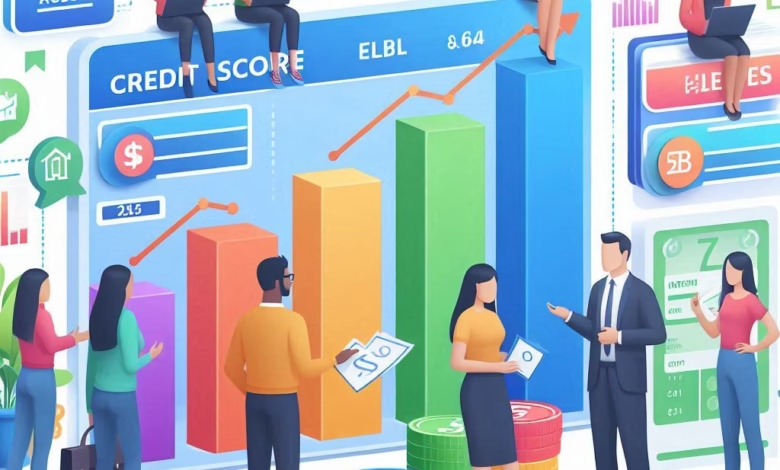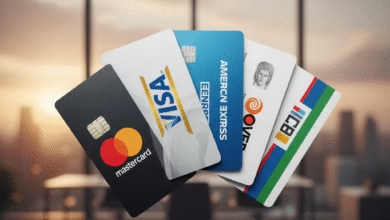Complete Guide to Improving Your Credit Score
Learn how to increase your Credit Score with this guide

Your credit score is a three-digit number that plays a significant role in your financial life. It influences your ability to get approved for loans (like mortgages and car loans), credit cards, and even rental applications. A good credit score can also unlock better interest rates, saving you thousands of dollars over time. This comprehensive guide breaks down actionable steps you can take to understand, improve, and maintain a healthy credit score.
Understand the Key Factors That Determine Your Credit Score

Before you can improve your credit score, it’s essential to understand the main elements that credit bureaus (like Equifax, Experian, and TransUnion) consider. While the exact weighting can vary, these are the primary factors:
- Payment History (35%): This is the most crucial factor. It reflects whether you pay your bills on time, every time. Late payments can significantly hurt your score.
- Amounts Owed (30%): This looks at your credit utilization ratio – the amount of credit you’re using compared to your total available credit. A lower ratio is better.1
- Length of Credit History (15%): A longer credit history generally indicates lower risk to lenders.
- Credit Mix (10%): Having a mix of different types of credit (e.g., credit cards, installment loans) can be viewed positively, as long as you manage them well.
- New Credit (10%): Opening many new credit accounts in a short period can temporarily lower your score, as it might suggest a higher risk.
Understanding these factors will help you focus your efforts on the areas that have the most impact.
Make Timely Payments on All Your Debts, Every Single Time
Since payment history is the most significant factor, consistently paying all your bills on time is the most impactful step you can take to improve your credit score. This includes credit card bills, loan payments, utility bills, and any other recurring debts. Set up payment reminders or automatic payments to ensure you never miss a due date. Even one late payment can negatively affect your score.2
Reduce Your Credit Utilization Ratio by Paying Down Balances

Your credit utilization ratio is calculated by dividing your total credit card balances by your total credit limits. Aim to keep this ratio below3 30%, and ideally even lower (below 10% is excellent). To improve this ratio, you can:
- Pay down your credit card balances: Focus on paying more than the minimum payment.
- Avoid maxing out your credit cards: Try to keep your balances significantly below your credit limits.
- Consider a credit limit increase (without increasing spending): This will lower your utilization ratio, but only do this if you trust yourself not to spend more.
Avoid Opening Many New Credit Accounts Simultaneously
While having a good credit mix is beneficial in the long run, applying for multiple credit cards or loans in a short period can lower your score. Each application triggers a “hard inquiry” on your credit report, which can slightly ding your score. Only apply for new credit when you genuinely need it.
Keep Older, Well-Managed Credit Accounts Open

The length of your credit history is another factor considered. Even if you don’t use a particular credit card frequently, keeping older accounts in good standing open can benefit your score. As long as there are no annual fees and you can manage them responsibly, these older accounts contribute positively to your credit age.
Regularly Review Your Credit Reports for Errors and Dispute Them Promptly
It’s crucial to review your credit reports from all three major credit bureaus (Equifax, Experian, and TransUnion) at least once a year. You4 can access your free annual reports at AnnualCreditReport.com. Look for any inaccuracies, such as incorrect account information, late payments you didn’t make, or accounts you don’t recognize. If you find any errors, dispute them directly with the credit bureau and the creditor involved. Correcting errors can lead to a significant improvement in your credit score.
Be Patient and Consistent with Positive Credit Habits

Improving your credit score takes time and consistent effort. There’s no quick fix. Focus on building and maintaining positive credit habits over the long term. By making timely payments, keeping your credit utilization low, and managing your credit responsibly, you will gradually see your credit score improve.
By understanding the factors that influence your credit score and implementing these strategies, you can take control of your financial future and unlock better opportunities. Remember that building a good credit score is a marathon, not a sprint, so stay consistent and patient with your efforts.





